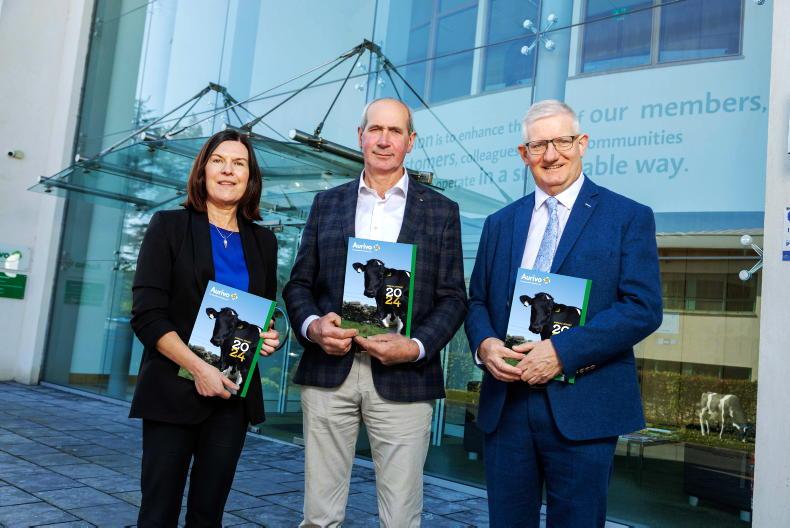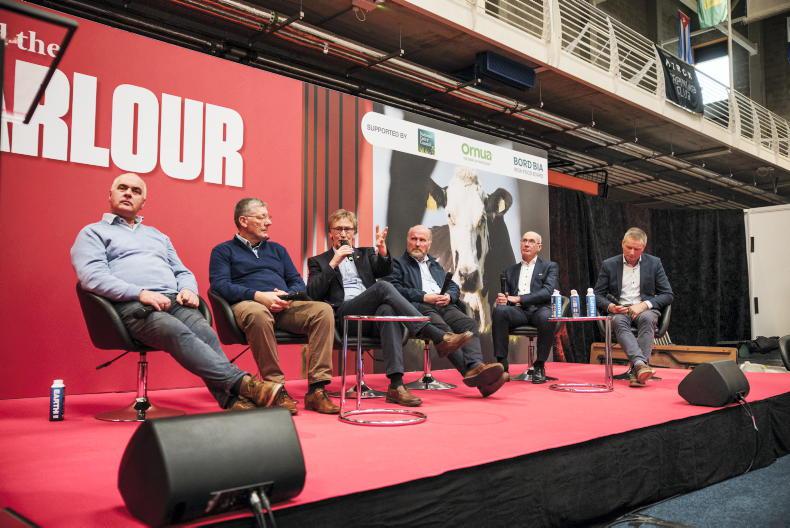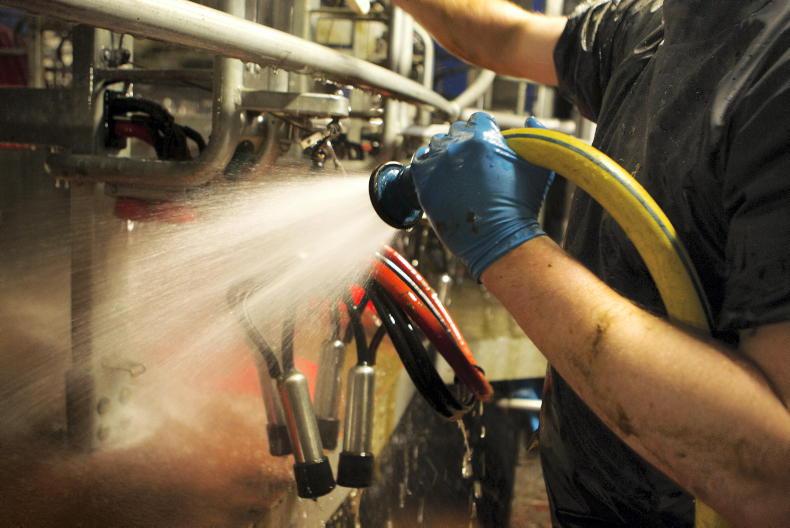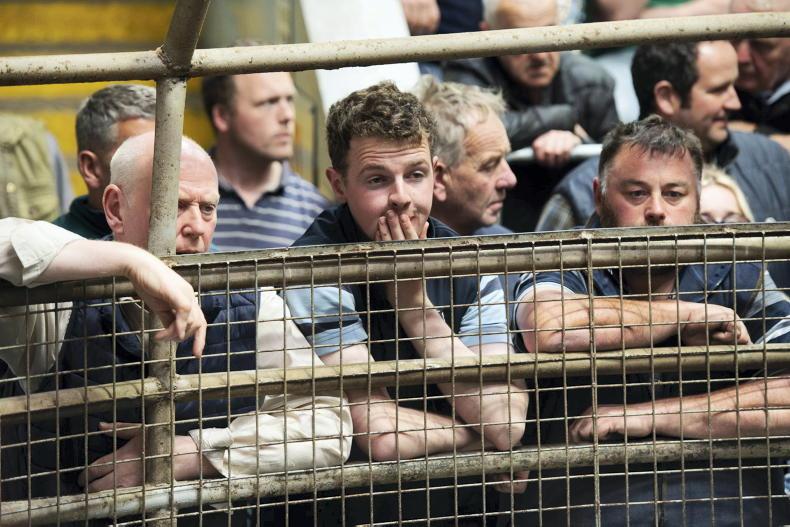For 33 years, the Irish Farmers Journal has published the annual milk price analysis, verified by an independent auditing firm. The rules are established and payments to farmers from each processor are checked and compared on a like-for-like basis.
In recent years, some processors have challenged what is excluded and included when calculating the average manufacturing milk price paid. In light of this, last year we established an expert group to review it and engage with processors.
Nevertheless, as Jack Kennedy reports, farmer directors of Aurivo, Arrabawn and the west Cork co-ops have indicated they will not be participating this year. The absence of six co-ops from the process seriously undermines the relevance of the exercise and questions whether or not co-op boards continue to see value in providing farmers with milk price transparency. As we now consider the future of the exercise, we would welcome the views of farmers.
UK-NZ deal puts dairy in the firing line
While the UK-Australia trade deal has huge potential consequences for the Irish beef and sheep sectors, when it comes to dairy, New Zealand is Ireland’s main competitor in international markets. The prospect of a UK-NZ trade deal by August brings the prospect of that competition coming much closer. Prior to EU membership, the UK was a major market for NZ dairy exports and while the UK secured a favourable quota for NZ sheepmeat in the EU, the same didn’t happen for dairy or beef.
Ireland may no longer be completely dependent on the UK for dairy exports but it is still our largest export market. If as expected it becomes fully open to New Zealand exports, it means that Irish dairy farmers will join their beef and sheep colleagues in being exposed to the consequences of Brexit in UK trade policy.
For 33 years, the Irish Farmers Journal has published the annual milk price analysis, verified by an independent auditing firm. The rules are established and payments to farmers from each processor are checked and compared on a like-for-like basis.
In recent years, some processors have challenged what is excluded and included when calculating the average manufacturing milk price paid. In light of this, last year we established an expert group to review it and engage with processors.
Nevertheless, as Jack Kennedy reports, farmer directors of Aurivo, Arrabawn and the west Cork co-ops have indicated they will not be participating this year. The absence of six co-ops from the process seriously undermines the relevance of the exercise and questions whether or not co-op boards continue to see value in providing farmers with milk price transparency. As we now consider the future of the exercise, we would welcome the views of farmers.
UK-NZ deal puts dairy in the firing line
While the UK-Australia trade deal has huge potential consequences for the Irish beef and sheep sectors, when it comes to dairy, New Zealand is Ireland’s main competitor in international markets. The prospect of a UK-NZ trade deal by August brings the prospect of that competition coming much closer. Prior to EU membership, the UK was a major market for NZ dairy exports and while the UK secured a favourable quota for NZ sheepmeat in the EU, the same didn’t happen for dairy or beef.
Ireland may no longer be completely dependent on the UK for dairy exports but it is still our largest export market. If as expected it becomes fully open to New Zealand exports, it means that Irish dairy farmers will join their beef and sheep colleagues in being exposed to the consequences of Brexit in UK trade policy.









SHARING OPTIONS